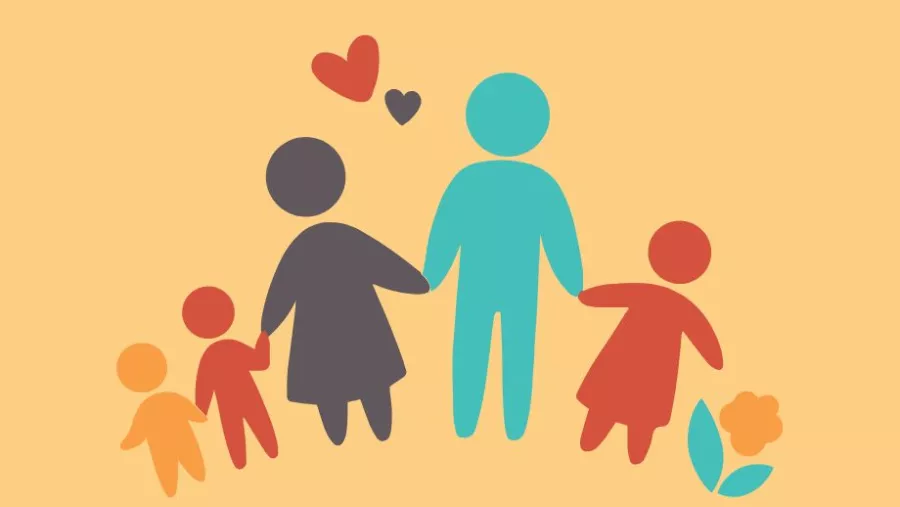The silly season is upon us and for most, it’s a time for relaxation, reconnecting with family and friends, and winding down after a busy year. But as fun as it can be, the season can also bring with it a new set of challenges. It’s essential to take the time to care for your mental health and well-being during the holiday season, so here are five ways practical and easy ways you can manage and maintain it this Christmas.
1. Take time out when you need it
Christmas can become a busy time and our social calendars quickly fill up. This is exciting for some and daunting for others – especially if you experience social anxiety or just generally don’t enjoy being out and about in large crowds.
Headspace have put together a guide on breathing techniques to reduce stress, which you can use if you’re out and about and need to take a minute to de-stress, whether it’s before a big event to prepare yourself or afterwards to wind down. Our favourite? Belly breathing for anxiety, where you slowly breathe in through your nose and feel your belly physically push out, and then slowly exhale through the mouth and feel your belly draw inwards. Do this five times, focusing on your breaths, and you should feel more relaxed.
2. Take advantage of the good weather
If you’re lucky enough to live in Australia, Christmas equals sun, sand, surf and generally good weather. In Noongar culture, this season is known as Birak, a season symbolised through the colour red to represent the heat, fire and sun.
With the sun shining and the days being longer, there are plenty of opportunities to get out on country, whether that’s in your backyard or the bush, and reconnect with nature. Going for a long walk, feeling the ground beneath you and immersing yourself in the sights, sounds and smells of nature can do wonders for your mood, mental health and emotional well-being.
3. Enjoy fresh food
Is there anything better than fresh, juicy fruit on a hot summers day? Whilst we know that the silly season brings with it more food and drink than usual, we recommend that you try and consume everything in moderation and remember to nourish your body with whole foods where possible. Take advantage of the abundance of healthy and delicious foods that nature provides for us in summer, whether that’s a juicy slice of watermelon or a punnet of ripe strawberries.
Studies show that people who eat healthy foods such as whole grains, fish, fruits, meat, and vegetables are less likely to suffer from anxiety, so not only will you be eating delicious food that’s in season, but you’ll be nourishing your body and mind the fuel it needs to function healthily.
4. Connect with loved ones and foster healthy relationships
Christmas can be fraught with family dynamics and seeing people you don’t necessarily want to. We know that this time of year is not a happy time for everyone, so it’s important that you seek out and spend time with your closest people – whether they’re family, friends or even pets – to fill up your cup.
The Black Dog Institute's Science of Happiness Fact Sheet states that happiness is associated with a longer life and superior health. So whilst you may have interactions that aren’t as pleasant, you can balance these out with quality time with loved ones and ensure your Christmas is a happy one.
5. Practice mindfulness
Mindfulness is a proven technique to support your mental health and well-being, yet so few of us do it as we get caught up in the stresses of everyday life. Being mindful can be as simple as noticing physical sensations, sights, sounds and smells that are happening around us. By engaging with the present, we ask our body to relax and our nervous system settles. Christmas is a busy period - there’s always another present to buy or social gathering to attend - but by taking even five minutes to practice mindfulness you’ll help yourself to feel calmer and enjoy the current moment you’re in.
These tips form a part of what we teach and discuss with our Shooting Stars participants in the Seven Sisters program, a mental health and well-being program. The program focuses on culturally safe and appropriate ways for the participants to regulate their emotions and has been developed in line with Aboriginal and Torres Strait Islander perspectives of social and emotional health.
